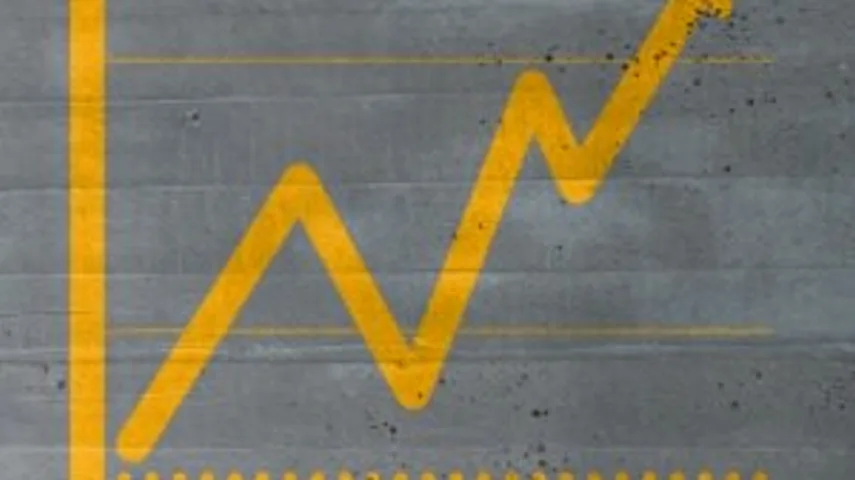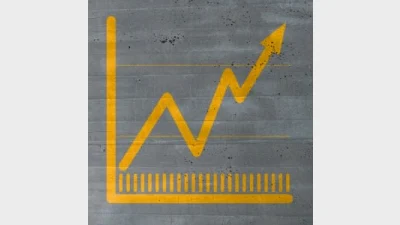Solid FY21 start for median growth super funds



The median growth superannuation fund (61% to 80% growth assets) started the 2021-22 financial year up 1.1%, according to Chant West.
The research house found in July both Australian shares (1.1%) and international shares were up in hedged terms (1.7%), and were boosted to 4% in unhedged terms because of the Australian dollar depreciation over the month.
However, emerging market shares were down 4.7% during July in unhedged terms led by falls in the Chinese market. The Chinese government’s regulatory crackdown on technology and private education sectors sparked a sell-off.
Bonds during July were up both domestically and globally at 1.8% and 1.3% respectively.
Chant West senior investment research manager, Mano Mohankumar, said: “It’s a solid start, and a continuation of the remarkable bounce-back we’ve seen over the past 16 months.
“The cumulative return since the COVID low point at end-March last year is now about 27%, which is astonishing given the ongoing disruptions caused by the pandemic. Not only have we recovered all the losses incurred in the early COVID period, but we’re now sitting about 12% above the pre-COVID crisis high that was reached at the end of January 2020.”
Recommended for you
The ATO has revealed nearly $19 billion in lost and unclaimed super, urging over 7 million Australians to reclaim their savings.
The industry super fund has launched a new digital experience designed to make retirement preparation simpler and more personalised for its members.
A hold in the cash rate during the upcoming November monetary policy meeting appears to now be a certainty off the back of skyrocketing inflation during the September quarter.
The peak superannuation body has announced the appointment of Peter Chun, CEO of UniSuper, to its board of directors.









